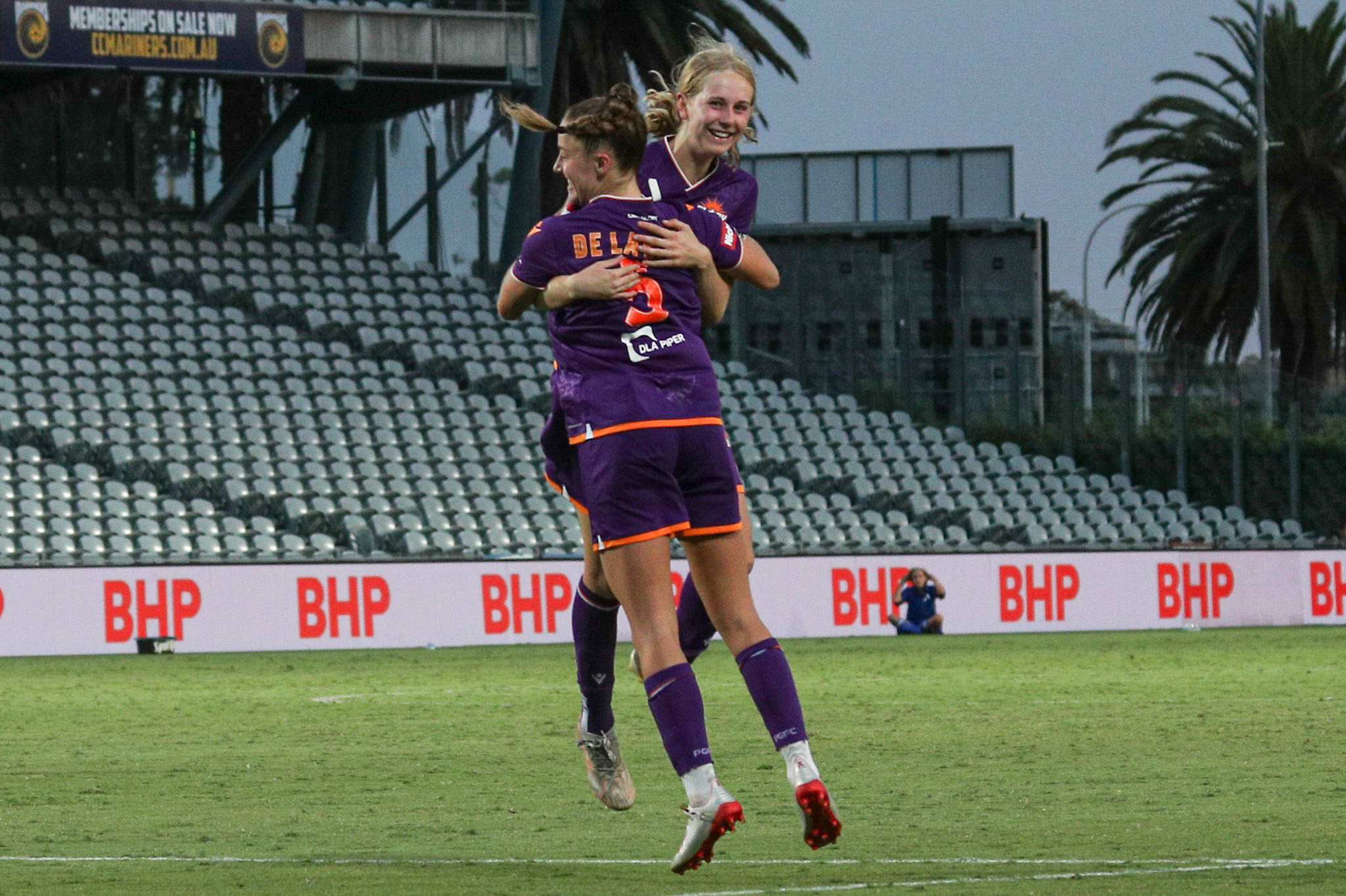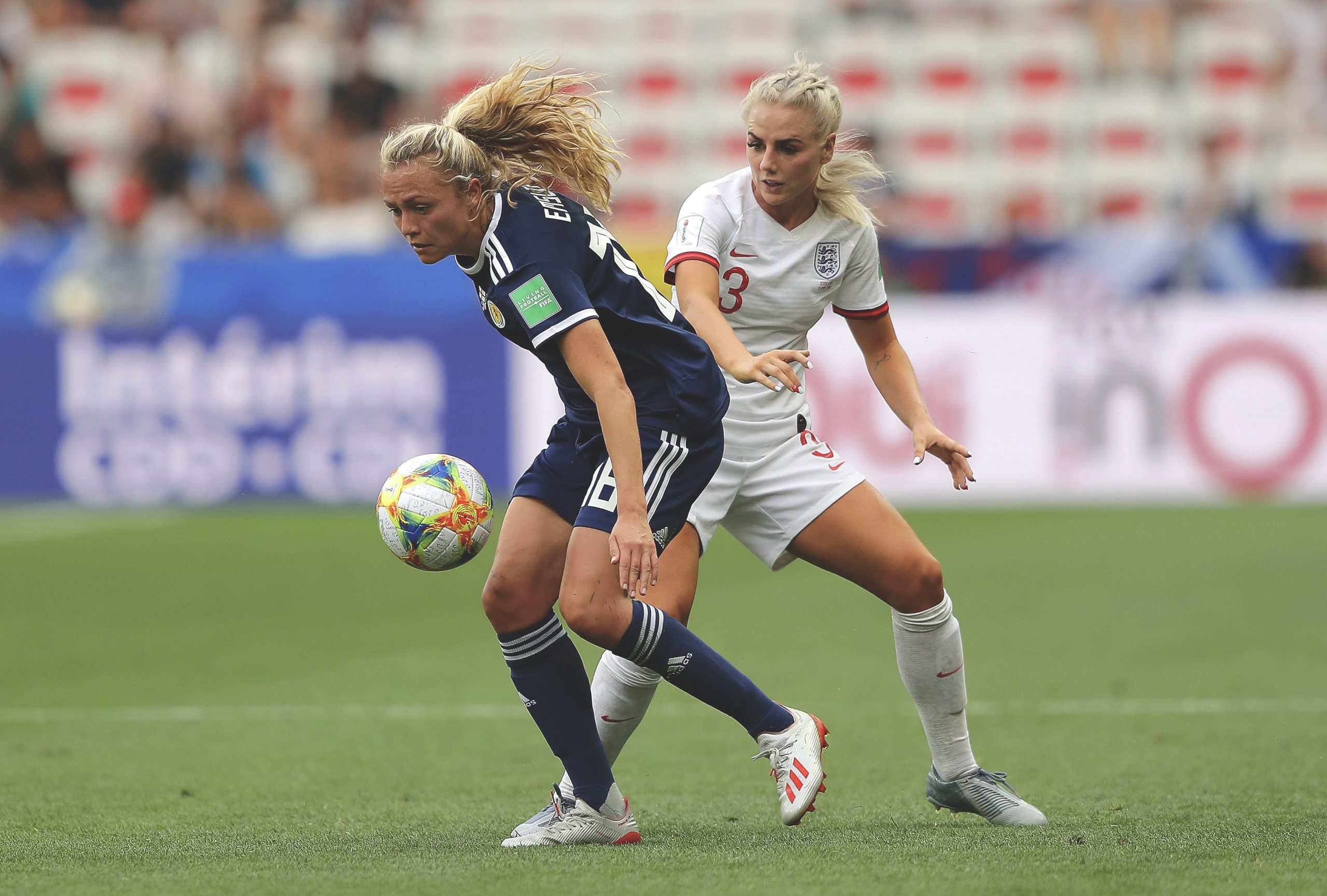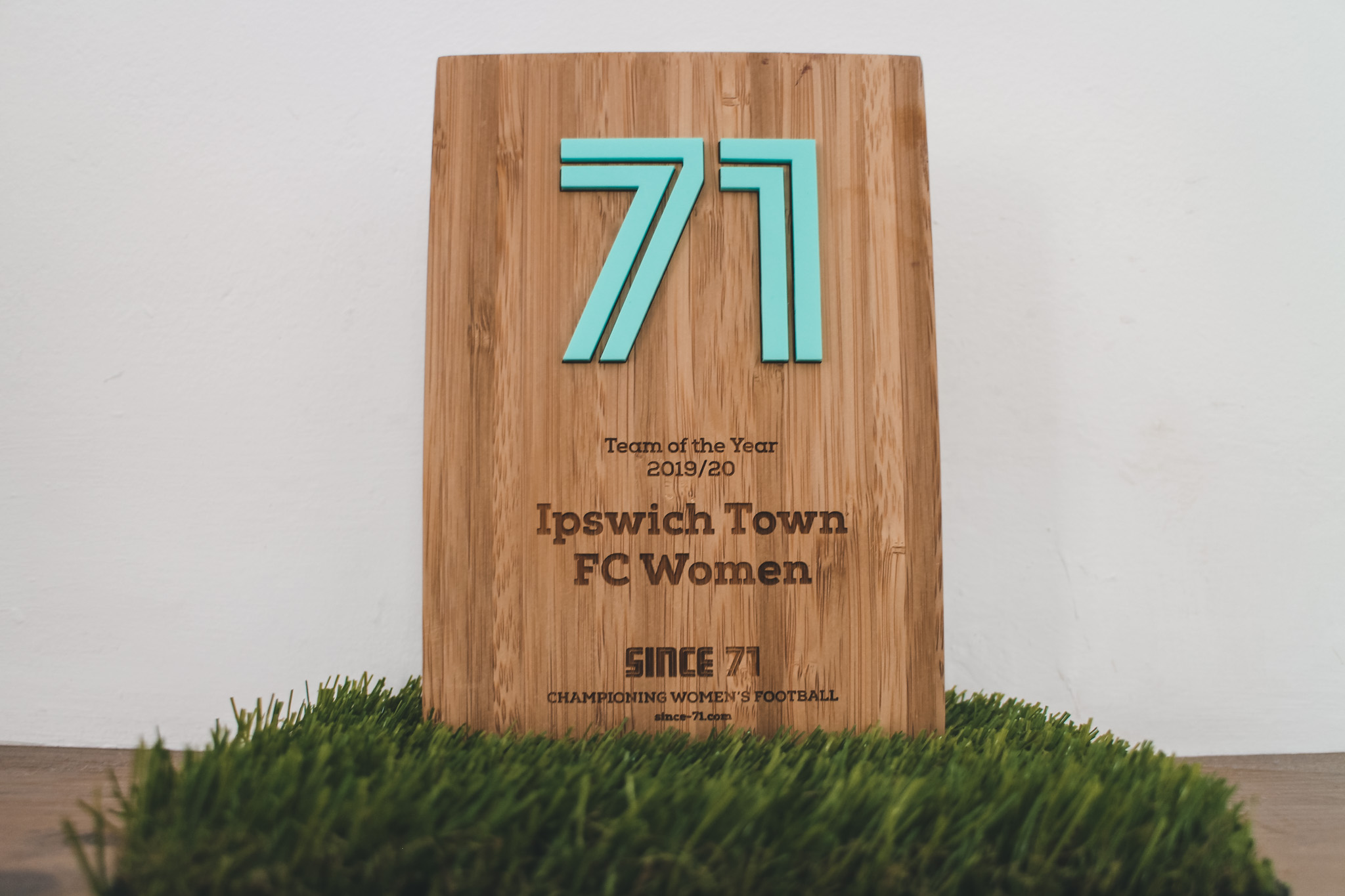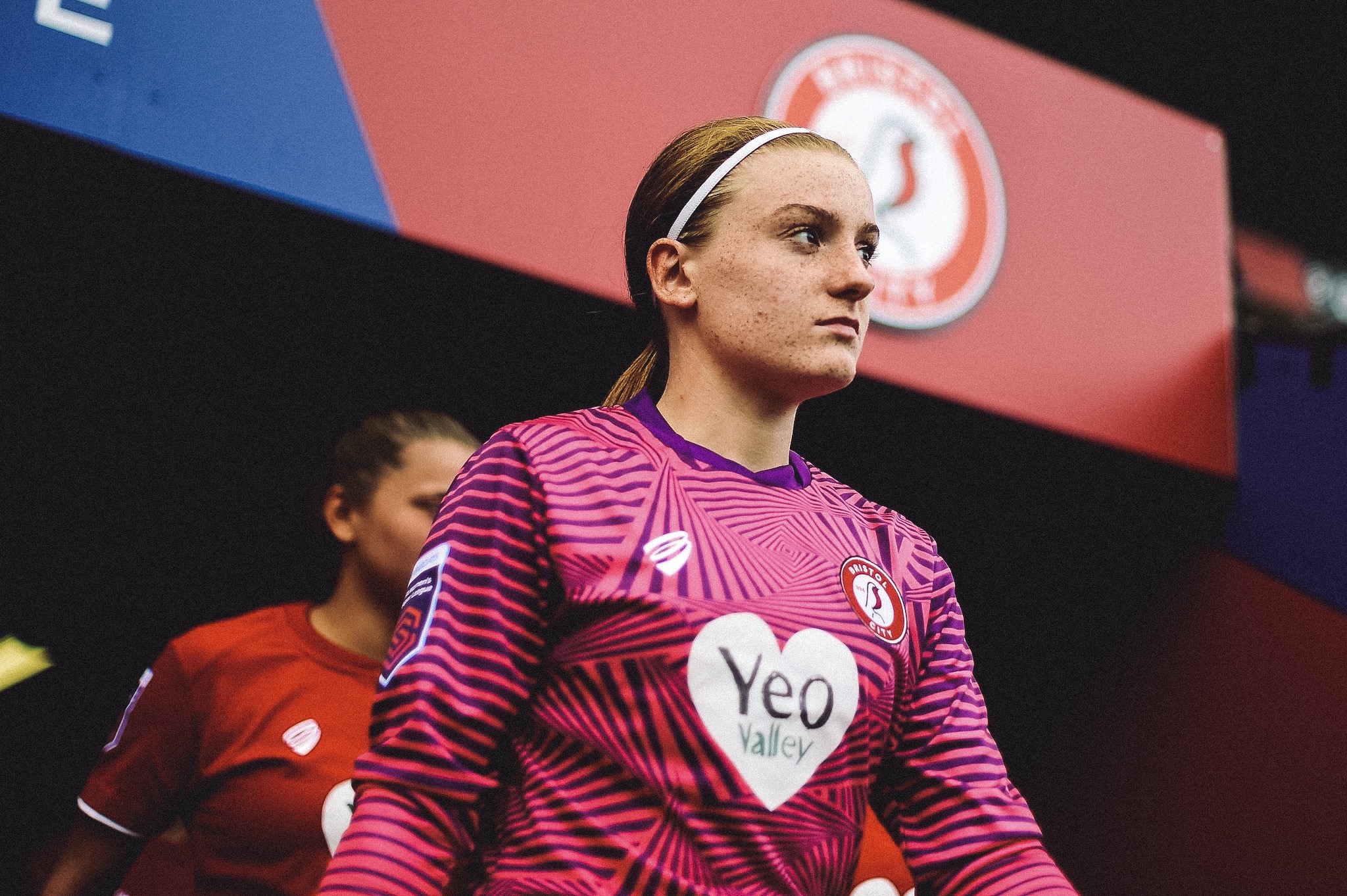How would you define a tough season for your club? A run of frustrating defeats which saw you plunge down the table? Losing a number of players due to injury? Getting relegated?
Perth Glory are the team that I’ve supported since their inception in 2008. I’m now in a position to interview their players and head coach on a weekly basis during the A-League Women season. The last two seasons have been tougher than anyone could ever have expected.
So tough, it’s been very hard to remain professional and unbiased in my coverage of the team for both the Australian and English media. I’ve heard first-hand of the difficulties that players and the coaching staff have had. Players and coaching staff opened up to me about personal struggles off the pitch as a result of the hurdles they’ve faced this season in comments that were stated both on and off the record. Yet, they’ve come through it all and just completed arguably the most outstanding campaign in the club’s history.
She was part of a Perth side who made Grand Final appearances in 2015, 2017, and 2019. So why is this season when the team didn’t make Finals, arguably a better one than those years?
How about this. Perth Glory only played one home game all season. Due to the closure of the Western Australia state border, they were forced to spend almost three months based in North Sydney, almost 2,500 miles from home. That’s a five hour flight away. To put this into perspective, a five hour flight from London could take you to Iraq, Saudi Arabia, or Mauritania.
Then throw into the mix that Perth Glory’s team (as with most A-League Women clubs) consists of players with full-time jobs or those studying at university or in some cases still at school (the minimum school leaving age in Western Australia is 17 years and six months).
These players had the choice – try and get (unpaid) leave from work, university, or school for three months, or don’t play in the country’s top competition this year. In the end all the squad came for the duration except for two of their youngest members Tijan McKenna and Poppie Hooks who returned to Perth before the end of the campaign to commence their HSC year at school.
In early January, as the club settled into their temporary base on the other side of the country, a COVID outbreak ravaged the team, but they were still expected to keep playing. Then key players were lost to injury. But they kept playing. And winning.
Here is the story of Perth Glory’s remarkable 2021/22 A-League Women season through the eyes of those closely involved.
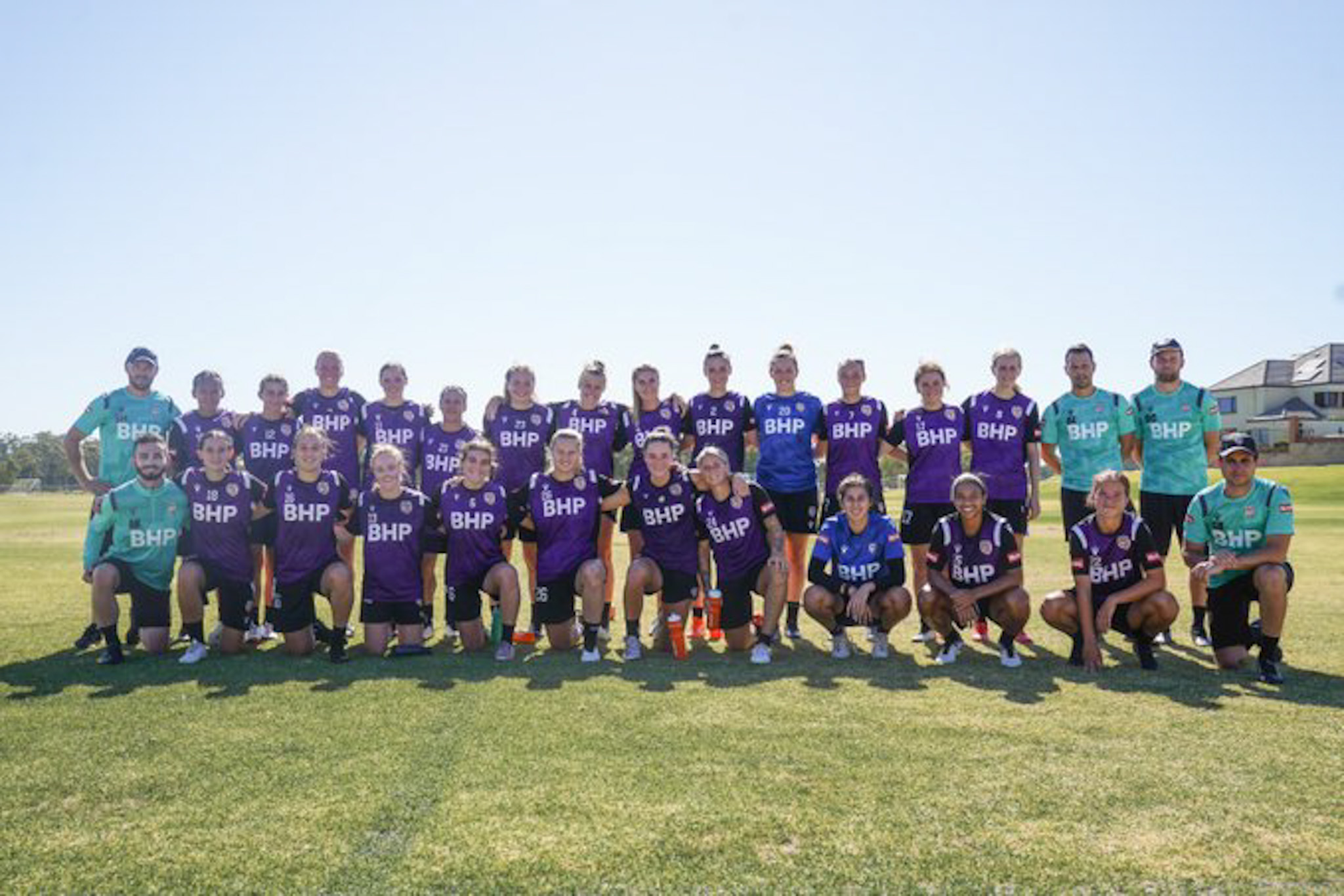
It all started so positively after a challenging 2020/21. Again, COVID was to blame. Due to border restrictions, Western Australian (WA) authorities only gave the club the go ahead to compete in what was then the W-League at the eleventh hour. This meant a scramble to bring players on board as well as a new head coach Alex Epakis.
Epakis was only allowed into WA just weeks before the start of the season. He therefore had to put together a team via Zoom calls and it largely consisted of teenage local products. Some of whom, like the outstanding Tijan McKenna, were just 15-years-old. The team produced a heroic sequence of performances, but ended the campaign winless.
This time round, Perth’s head coach was determined to avoid a last minute scramble for bodies. He set about building a Perth team for the medium term by not only securing players within a month of the end of the season, but also on multi-year deals. Both of these were virtually unheard of in the Australian women’s game.
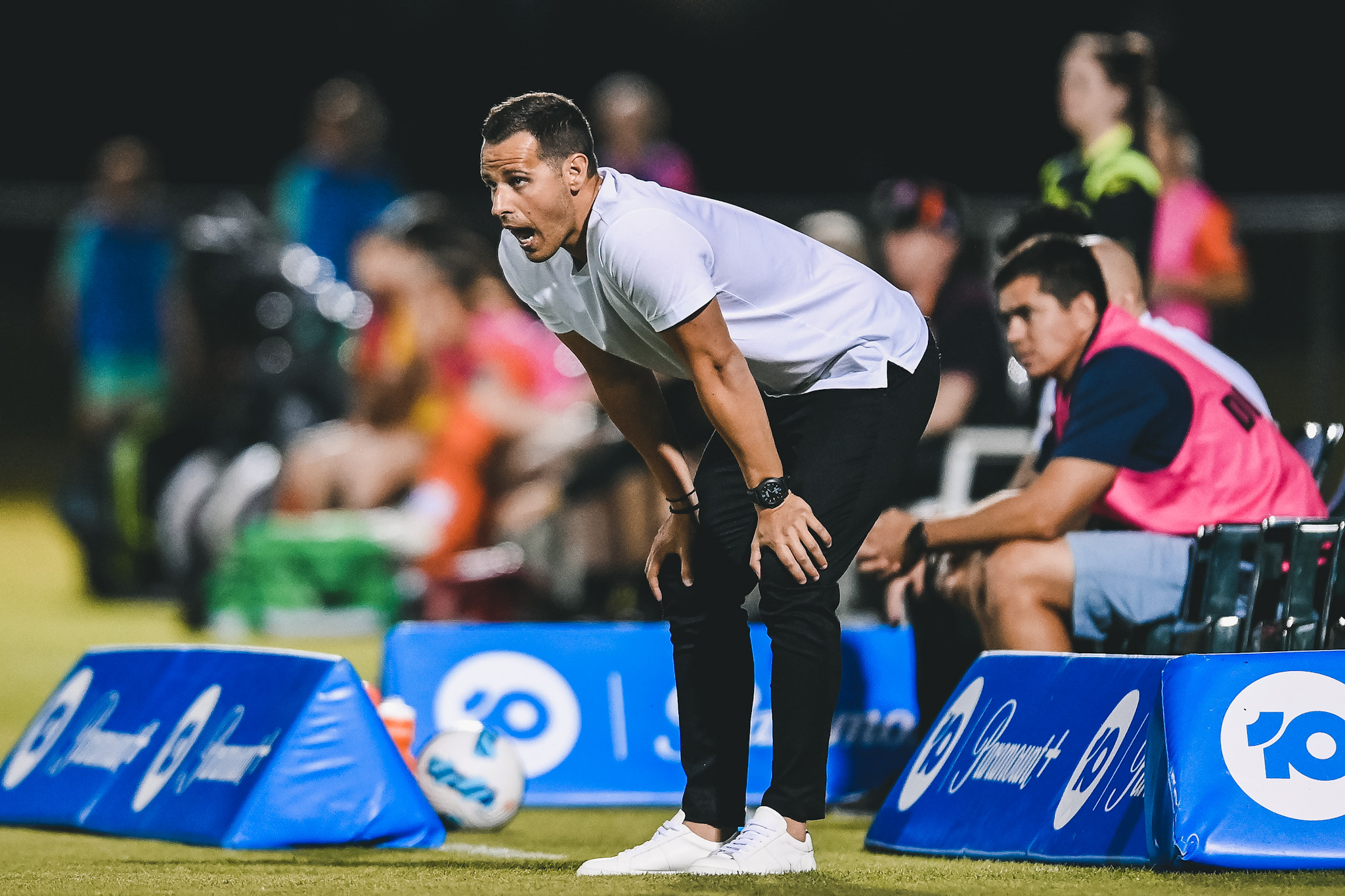
Speaking to me ahead of the season, Epakis highlighted that process: “It was about identifying the type of character and person that we wanted in terms of a profile and what that looked like. The women’s game is a very transitional one with the capacity to run at high intensity vital. So, with all those things we came up with a matrix system that ensured that whatever player we looked to sign met enough of those metrics into what we wanted on and off the field.”
That matrix system brought in some of Australia’s brightest young talent with Young/Junior Matildas such as Morgan Aquino, Susan Phonsongkham, Alana Jancevski, Sofia Sakalis and Claudia Mihocic arriving along with the retention of local teenage star Hana Lowry.
Crucially, there was an experienced spine added to provide ballast to the Glory as locally born Matildas superstar Lisa De Vanna returned to the club along with Kim Carroll who played in all those Grand Finals before moving to Brisbane Roar. International talent in American Cyera Hintzen and Danish international Mie Leth Jans also arrived. The latter pair would have a major influence on the campaign.
For the first time in several years, there was a degree of positivity in Perth. This was represented in the carnival atmosphere at the team’s Macedonia Park home for their opening game of the season against Brisbane Roar.
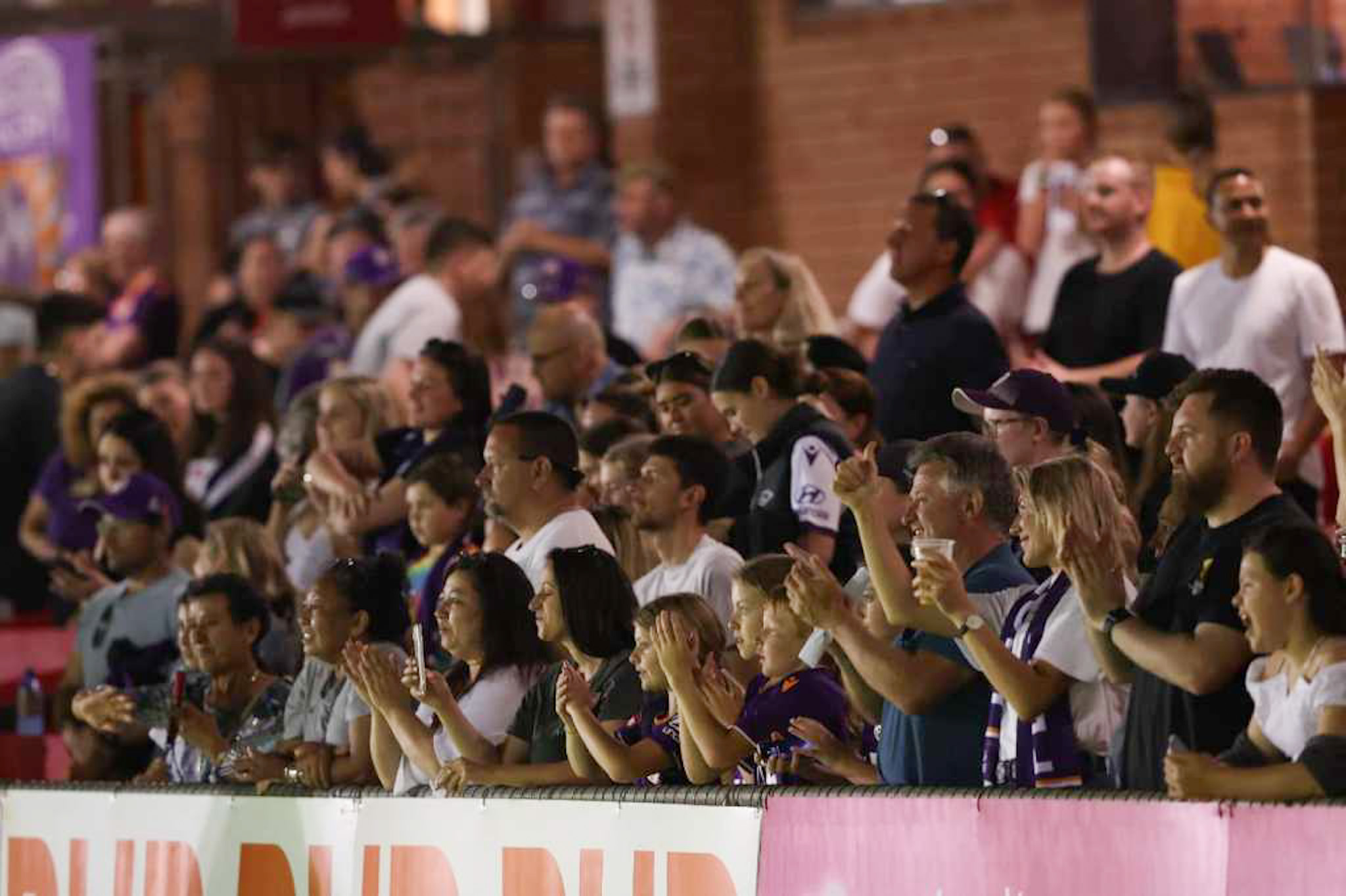
Over 1,000 purple and orange clad fans were in attendance creating a typically partisan Western Australian atmosphere. That atmosphere pushed the team to achieve the incredible. The club went into the game without a win in almost 20 months.
When Anna Margraf gave Brisbane the lead after 23 minutes, the Glory fans could have feared the worst. But the noise cranked up and they were rewarded with something that moved seasoned fans to tears of joy. New signing Susan Phonsongkham levelled the scores with two minutes to play. Then in stoppage time at the end of 90 minutes, Perth’s English striker Gemma Craine pressured a back pass which rolled into the net in the confusion to seal Glory’s win. I cannot remember the last time I bounced around my living room, shouting so much for a very long time. Perth had won for the first time since 23rd January 2020.
It turned out that this would be the only home game that Perth would play as shortly afterwards the state border closed once more meaning all the other teams in the A-League Women would no longer be allowed in. If Perth Glory wanted to play out the season, they would have to do it from the other side of the country.
The club were moved out to North Sydney and were based in self-serviced apartments for three months from just after Christmas for the next three months.
It would have been all too easy for the positivity that surrounded the team pre-season to fall apart. Such is Perth’s distance from any other city in Australia – it is closer to Jakarta than Sydney – playing at home is a massive advantage. Add in the “us and them” mentality that exists in WA towards the eastern states of New South Wales, Victoria and Queensland, and you get a bouncy atmosphere at Perth home games. All that was gone.
Perth and Australian football icon Lisa De Vanna spoke for most when she said in January: “The whole thing sucks. I came back to the club to play a final season in front of my home town supporters. That’s now gone.”
Yet something remarkable happened in that three month period of the road. Alex Epakis fostered an environment which was supportive of his players’ mental, physical and social needs. I spoke to nine different players during the period the club were based on the road and all without prompting identified Epakis’ work and ethos as the key to keeping a hugely positive mindset around the place.
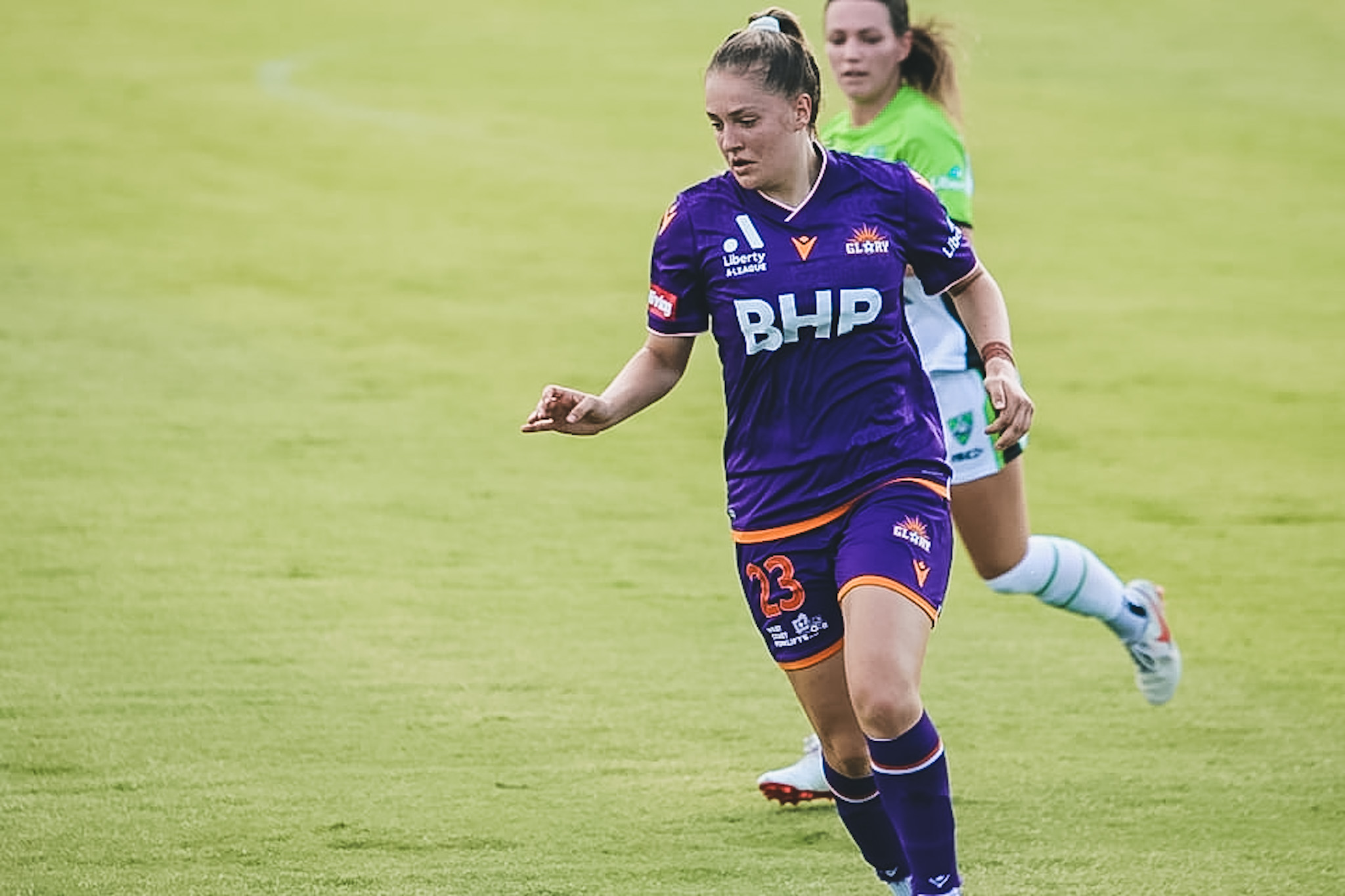
19-year-old attacking star Alana Jancevski told me: “Having a coach that continually wants to grow individual players highlights his commitments to make each and every player the best versions of themselves. It brings together their unique qualities to the greater good of the squad.
“He (Epakis) has pushed me like no other coach has; he has made me not only physically a better footballer but has allowed me to become mentally stronger in tough moments which is something that I needed to develop in order to take the next step in my footballing journey. I look forward to continually working with Alex to take more leaps in the near future.”
Those leaps included some unique bonding sessions as midfielder Sarah Cain told me in February. “We’ve had four birthdays in the last month among the team. We’re sticking together and taking every opportunity to be together. We added up the collective age of the birthdays in February and it came to 115 so we all went out to op shops (charity shops), got old person clothes, and had an old people’s fancy dress party!”
Four players then went down with COVID, but the desire, positivity and belief that Epakis instilled in his squad saw the Glory maintain their run of outstanding performances and positive results. This was seen best when a COVID and injury-ridden Perth side earned a 1-0 win over Western Sydney Wanderers, courtesy of a sensational free-kick from another young star – Deborah-Ann de la Harpe.
The 21-year-old left-back who can also play in midfield was another to note the influence of Alex Epakis on her development. She told me how her head coach goes out of his way to get to know his players better to find out what makes them tick as people and how to develop them further.
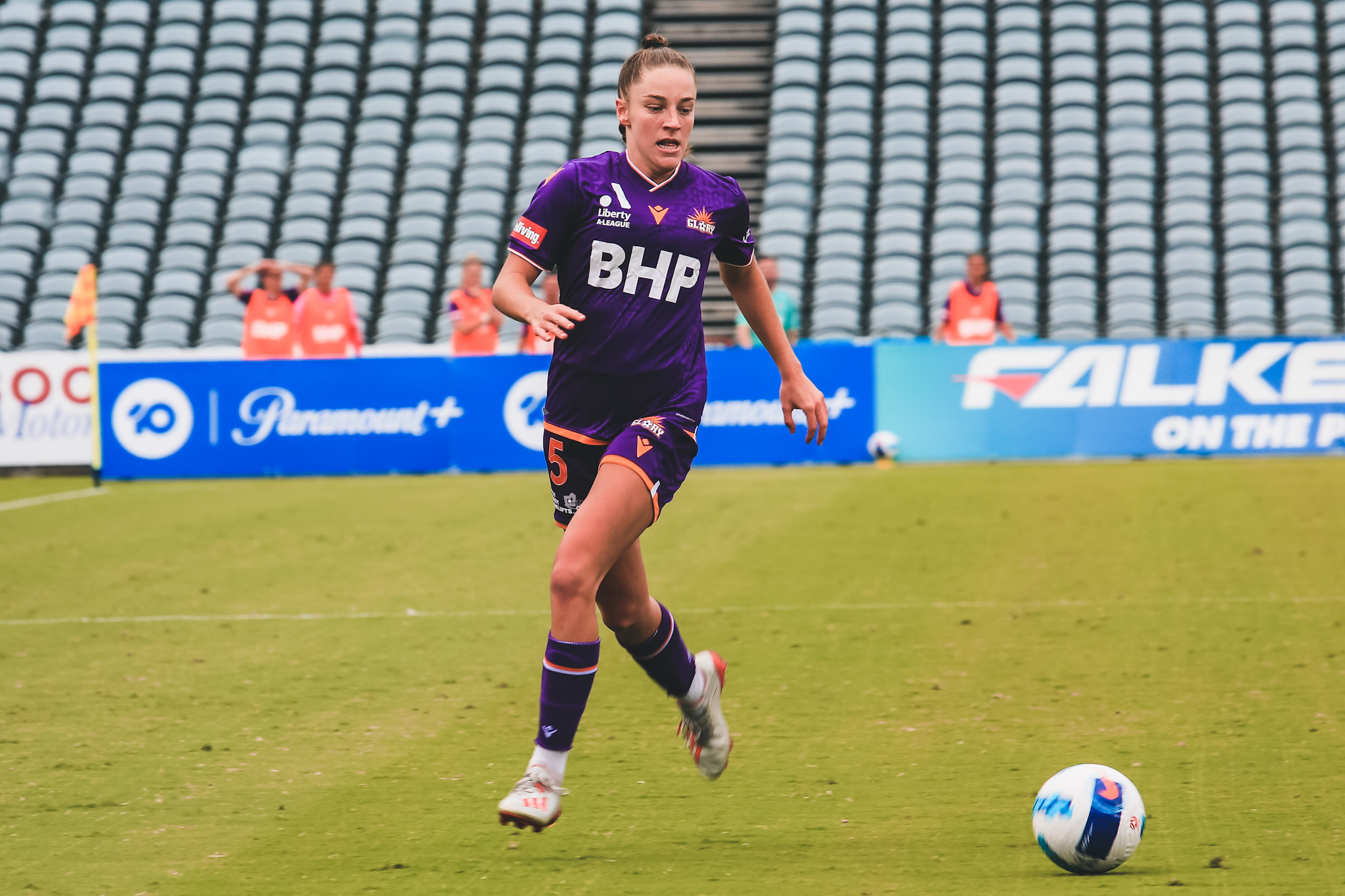
As the regular season ticked towards its conclusion, Perth were well in the race for a place in the Finals (the top four placed teams play-off for the title). It all came down to the last day of the season when the Western Australians needed to defeat Wellington Phoenix and hope Canberra United defeated Melbourne Victory.
In Wollongong, 53 miles north of Sydney, Perth kept their side of the bargain with a 3-1 win over the New Zealanders. Canberra did everything they could at Melbourne Victory to defeat the defending champions, but the game ended 0-0 and Perth missed out on the Finals by just goal difference.
Earlier in this piece, I mentioned how hard it was at times to be unbiased when it came to reporting on the team this season. None more so than at the end of this season.
The Glory had overcome so many hurdles and become a stronger and tighter team for it. Being 2,500 miles from home, struggling with COVID and injuries. Yet they still only missed out on Finals football on goal difference.
The emotions at the end of that match against the Phoenix were mixed. Personally, I was crushed for the players that after working miracles for three months, their incredible dreams were at an end.
Yet, within hours that emotion had changed. I was full of immense pride for this team. The circumstances they faced and overcome would have defeated many other teams. It only made Perth Glory stronger.
“Everyone is really sad that the season is over,” captain Tash Rigby told me after that final game. “We became so close and really made the most of our time together.”
The best possible news was delivered last month when Alex Epakis extended his contract as head coach for another year. He told me that it was one of the easiest decisions he’s ever had to make.
“I’m really invested in the players and what we are trying to achieve. It was an easy decision and one I’m delighted about. “In my mind, we have an unlimited amount of potential, both individually and collectively. As a group, we have a great balance of players who are all contributing towards success. It’s exciting to be part of and I’m proud of it. I get to work with these players and staff every day and I’m proud of that.”
With the majority of his young side already signed up for another year, at long last it is possible to say “The future is bright, the future is purple.”
Ben Gilby is the Perth Glory and Western Australia Women’s Football Correspondent for The Women’s Game.





